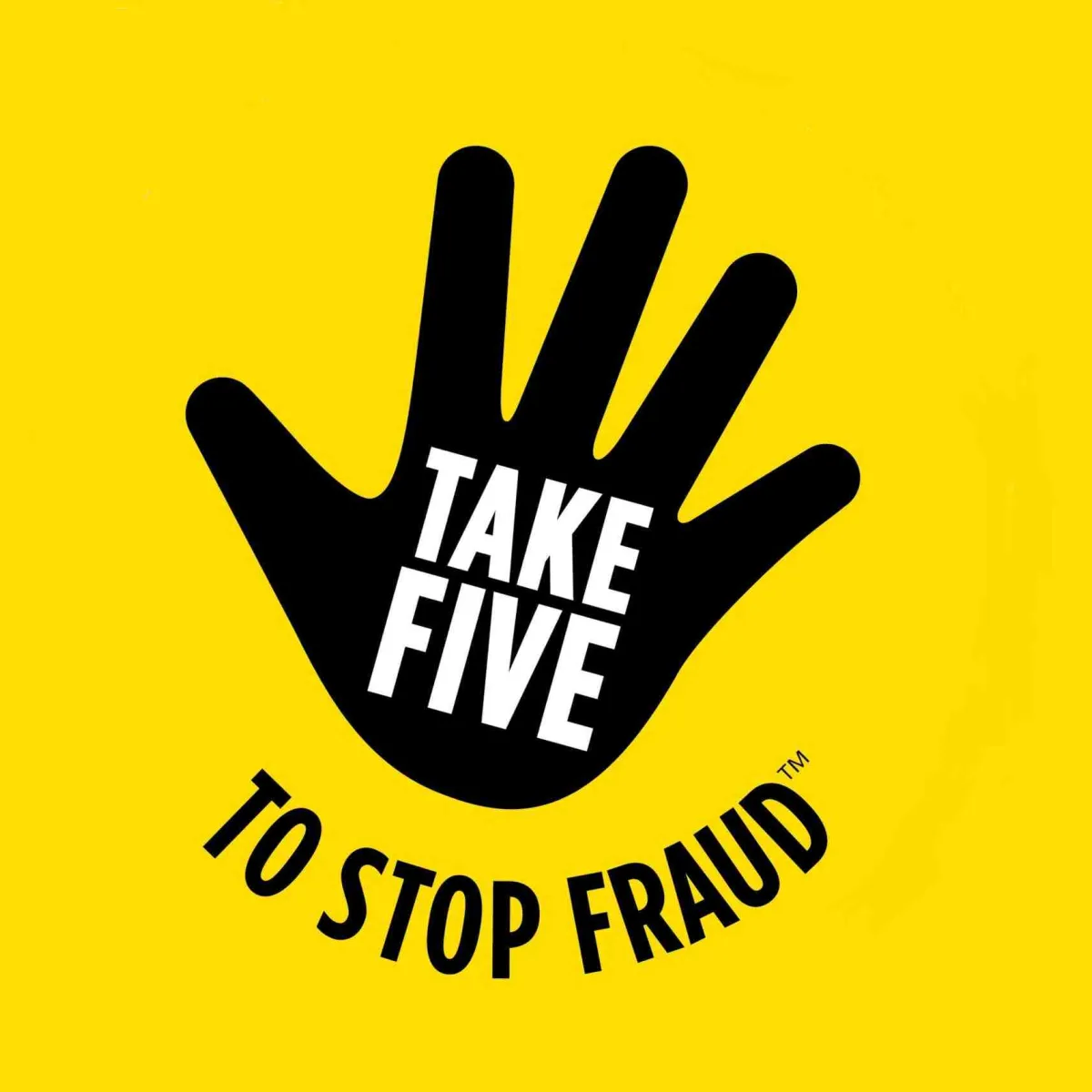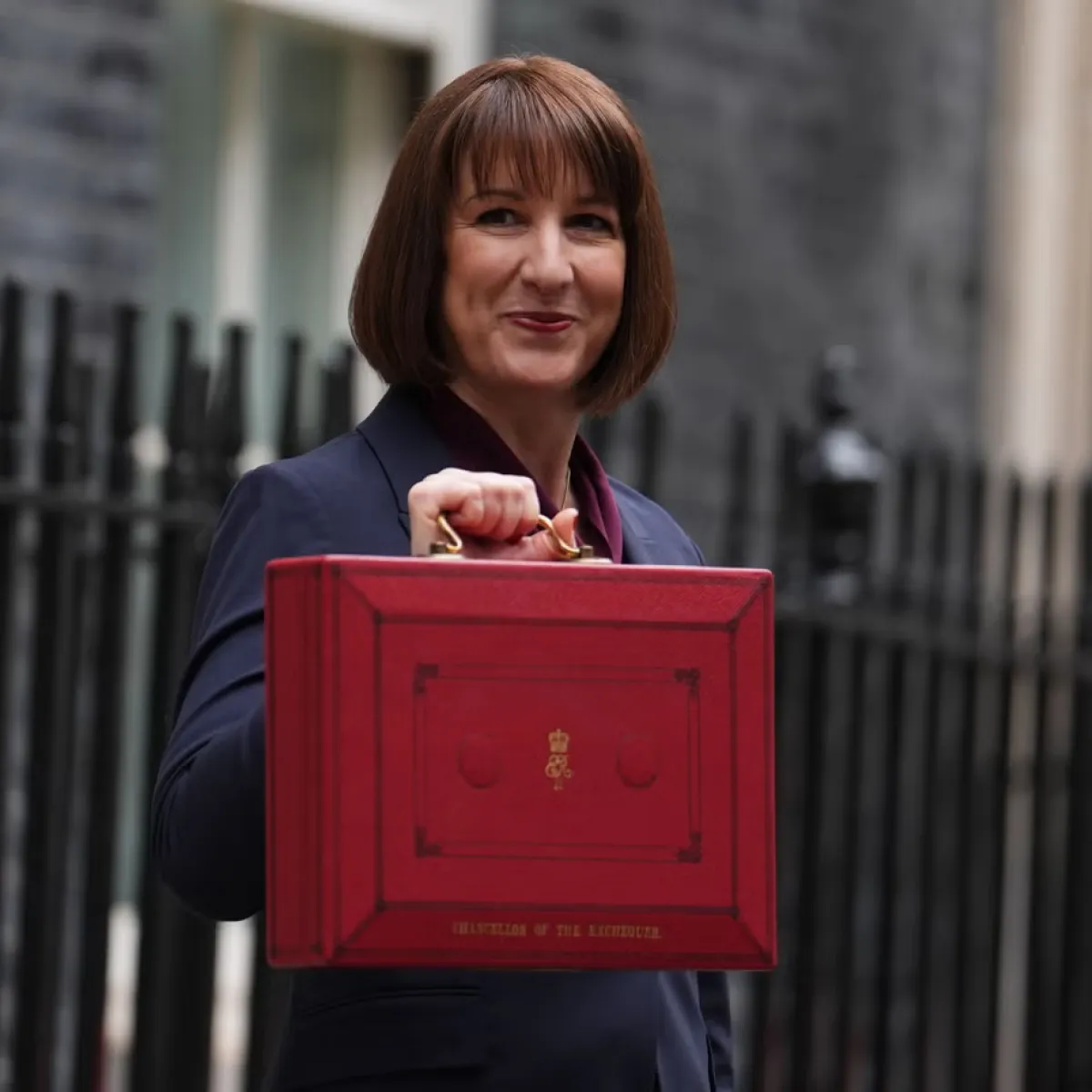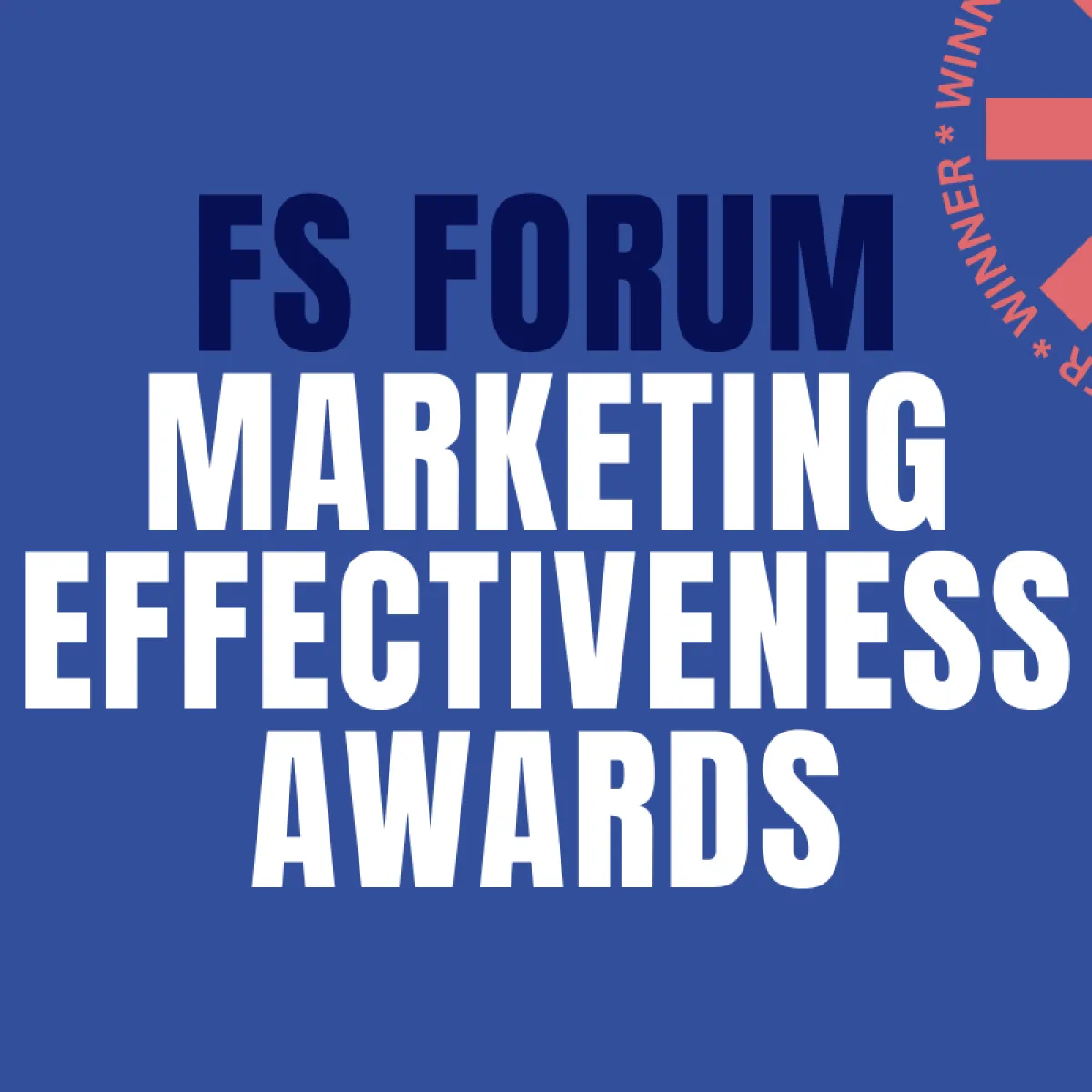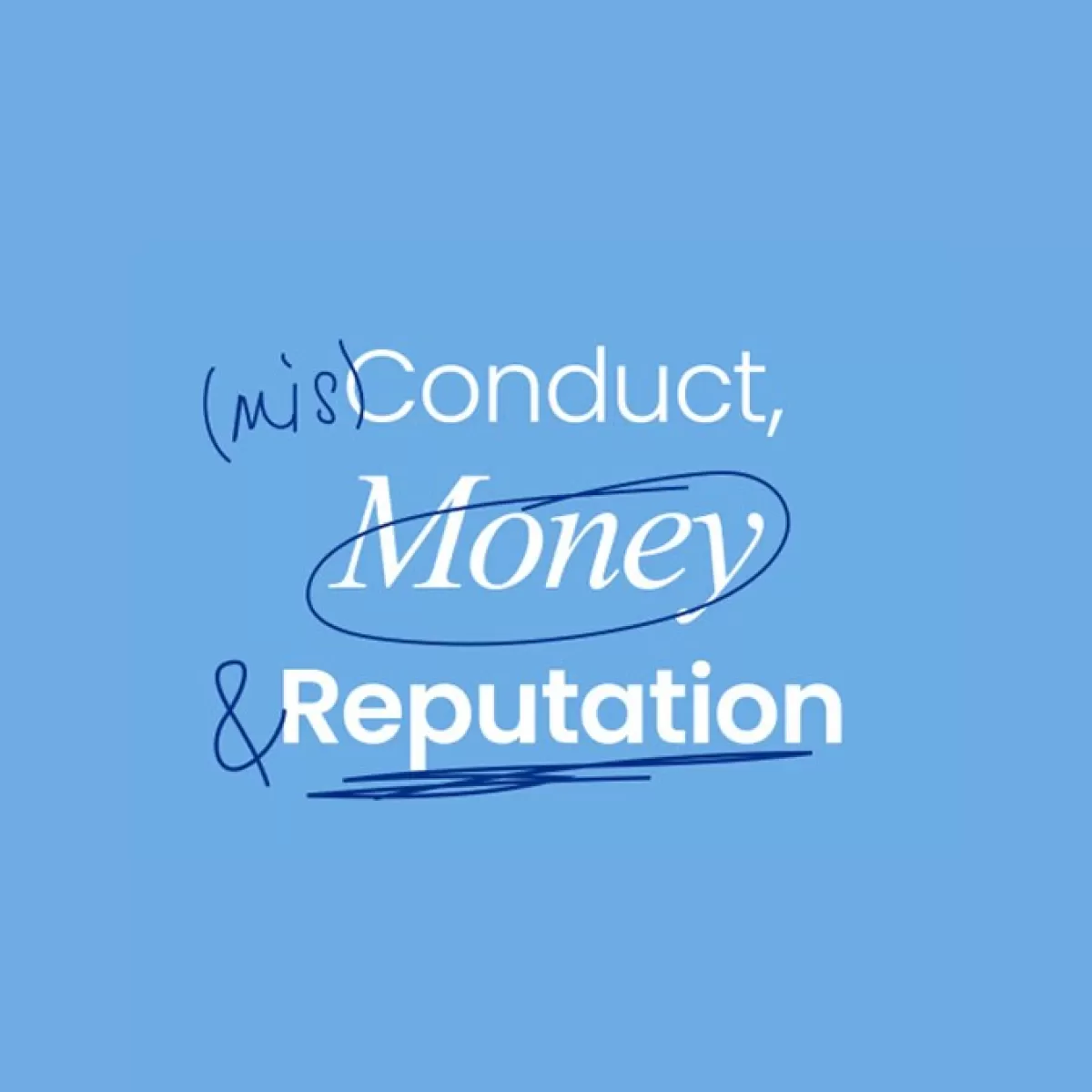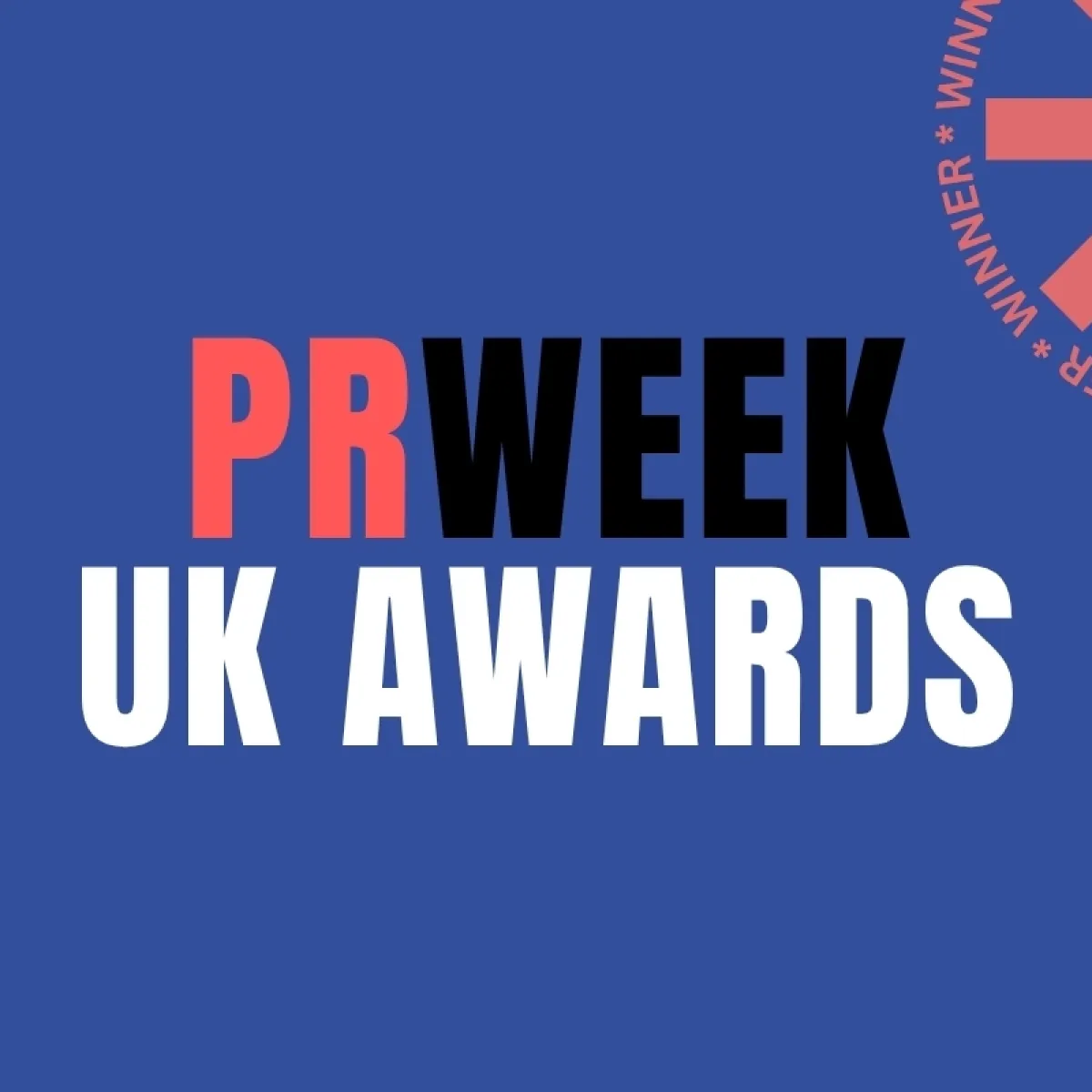This website uses cookies. Learn more
Whatever area of business you’re in, it’s the “year of ESG”, where companies are increasingly judged by their Environmental, Social and Governance behaviour.
To Governments and civil society, this translates as wanting and expecting companies to do the right thing, in all circumstances. With Joe Biden’s victory in the US Election, America is, it seems, rejoining global institutions such as the Paris Agreement. The year will reach a climax with the 26th annual United Nations Climate Change Conference (COP26) in Glasgow, lasting 12 days at the start of November.
The mood of the year is likely to harness the global energy unleashed by Greta Thunberg and the global anger unleashed by the murder of George Floyd – allied to the mix of anger and fear, together with the realisation that we are all one world, spawned by COVID-19.
Many companies are hearing this, and instead of waiting to be forced by laws, regulations and public pressure, are defining what the “right thing” means to them and pressing ahead themselves. They are defining or re-stating their “purpose” and then, they claim, living by it. BP’s new purpose is to deliver its products and services “in ways that will help to drive the transition to a lower carbon future”. Its strategy pledges that it will pivot from being “an international oil company” to an “integrated energy company”.
CEO Bernard Looney said “By following this strategy, we expect BP to be a very different energy company by 2030.”IKEA’s vision is still “to create a better everyday life for the many people” but it now also pledges to move from being a linear to a circular business and “this means designing all products from the beginning to be repurposed, repaired, reused, resold and recycled, generating as little waste as possible”.
As admirable as ever, IKEA also tells it like it is and says it cannot achieve this alone, but needs the collaboration of Governments, suppliers and customers. Last week, Unilever said that by 2030 it will only do business with firms who pay the living wage to all employees, across all 190 countries it operates in.
Where does this leave most businesses, that are not in the public glare as much as BP, Unilever and IKEA?
In 1963 Bob Dylan asked “how many times can a man turn his head and pretend that he just doesn’t see?” and that’s a good question for this year. It’s not possible to be in business and be unaware of the issues encompassed by ESG, even if the term itself is unfamiliar. It’s also not a time to see ESG as a bandwagon to jump on. This year is likely to see more accusations of “greenwashing” and “purpose-washing” and plain hypocrisy from NGOs, media and ordinary people than ever before. So, organisations need to be open and honest (and “authentic”) in their words, which need to match their deeds. Many people, including Alexander Hamilton and Malcolm X have said “if you don’t stand for something, you’ll fall for anything” and the ESG agenda is not something to blindly follow. Organisations that go too far without understanding all of their stakeholders’ views will reap a backlash and be labelled as too “woke” or to be “virtue signalling” or to be “cancelling culture”.
The difficulties of the situation are encapsulated by the National Trust’s brave “report into colonialism and historic slavery” last year. It cited that 93 of its properties have connections to slavery and colonialism but the resulting backlash has seen it criticised by the Charity Commission and attract a wave of Daily Mail and Daily Telegraph attacks. I’m personally a huge fan of properly re-captioning statues and historic buildings (and completely revising our history teaching to acknowledge our gender and ethnically diverse past) but there are pitfalls on both sides of the debate for organisations tackling this issue.
All of which makes it understandable that many businesses are taking a low profile approach to society’s agenda.
We are working, across our client base, to help organisations navigate these issues including advising several on how to actively get involved with COP26 itself (email James Dowling and Mitchell Cohen if you are interested in this). Although the issues are clearly different if you’re an oil company or an investment manager our belief is that, for everyone, 2021 is “the year of ESG” and all businesses need to address where they stand and how others see them. It is, if nothing else, a reputation and communication issue.
We see three broad positions emerging for companies:
Those that are embracing ESG within their very purpose and their DNA and promising to function in a way that is beneficial to society and the planet, effectively “ESG forever”.
Those that are restating their purpose, acknowledging the ESG agenda but not claiming or promising too many specific things, or seeking profile.
Those that believe the business of business is business, and focus on their compliance with laws and regulations only.
Each organisation has choices to make and there is, of course, no easy answer. The only wrong option is to travel through 2021 not having considered the implications of the “year of ESG”.
As always, if you’d like to discuss any of the issues raised in this article, email me TonyL@lansons.com. If you want to know Lansons’ position, read the words I wrote last December here.
Stay in the loop with our experts




New Business: to find out how we can help you, contact our dedicated new businesss team consultancy@lansons.com
Careers: we’d love to hear from you, please visit our careers hub




